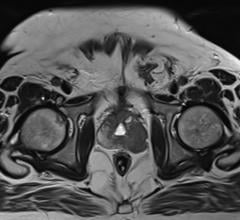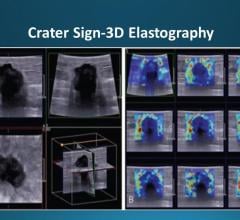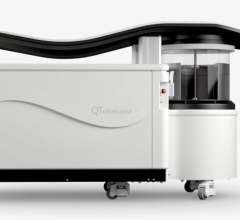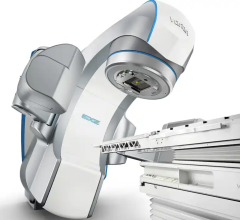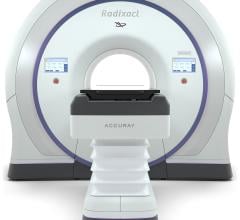
July 14, 2014 — A new study by radiation oncologists at Mayo Clinic comparing the world’s literature on outcomes of proton beam therapy in the treatment of a variety of advanced head and neck cancers of the skull base compared to intensity modulated radiation therapy (IMRT) has found that proton beam therapy significantly improved disease free survival and tumor control when compared to IMRT. The results appear in the journal Lancet Oncology.
“We undertook a systematic review and meta-analysis to compare the clinical outcomes of patients treated with proton therapy with patients receiving photon IMRT,” says senior author Robert Foote, M.D., a radiation oncologist at Mayo Clinic. “Our findings suggest that the theoretical advantages of proton beam therapy may in fact be real.”
Researchers reviewed studies of nasal cavity and paranasal sinus tumors through extensive database searches. They included studies of patients who had no previous treatment — neither primary radiation therapy nor adjuvant radiation therapy — and patients who had recurrent disease. Researchers collected data on overall survival, disease-free survival, and tumor control, at five years and at the patient’s longest follow-up. They used random-effect models to pool outcomes across studies and compared event rates of combined outcomes for proton therapy and IMRT using an interaction test.
Researchers found disease free survival to be significantly higher at five years for patients receiving proton therapy than for patients receiving IMRT (72% versus 50%). Tumor control did not differ between treatment groups at five years however tumor control was higher for patients receiving proton therapy than for IMRT at the longest follow-up (81% versus 64%).
Co-authors include Samir Patel, M.D., Zhen Wang, Ph.D., William Wong, M.D., Mohammad Hassan Murad, M.D., Courtney Buckey, Ph.D., Khaled Mohammed, M.B., B.Ch, Fares Alahdab, M.D., Mohammed Nabhan, M.D., and Steven Schild, M.D., all of Mayo Clinic.
The study was funded by the Mayo Foundation for Medical Education and Research.
For more information: 150years.mayoclinic.org, www.mayoclinic.org, newsnetwork.mayoclinic.org.


 March 28, 2024
March 28, 2024 
